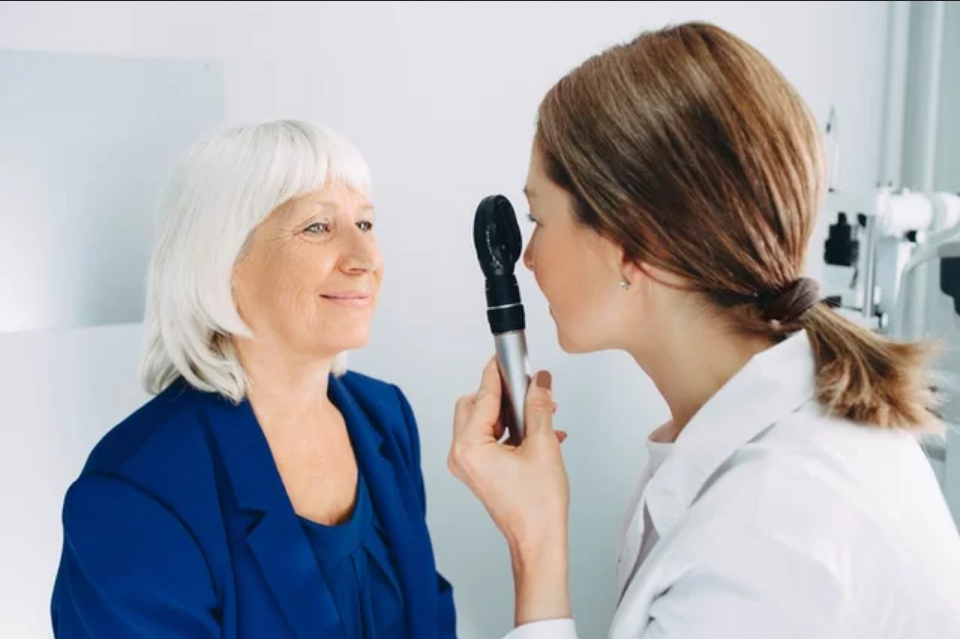
“In the U.S., an estimated 3.4 million people over age 40 are legally blind. There are many more people with low vision. There are about 43 million people in the world living with blindness, according to one estimate. This number could climb to 60 million by 2050”
,,,
If you experience the following, visit a health care professional to avoid permanent blindness.
Healthline
outlined the possible symptoms
that you should look out for if you want to prevent blindness:
• Blurry vision
• Tunnel vision
• Inability to see shapes clearly
• Poor sight at night
You should have regular checkups to detect eye diseases and prevent vision loss. If you have been diagnosed with certain eye diseases, such as glaucoma, blindness can be prevented with medication.
To prevent vision loss, the American Optometric Association
recommends having your child’s eyes examined at:
• 6 months of age
• 3 years of age
• Every year from age 6 to 17
If you notice signs of vision loss between regular visits, make an appointment with your eye doctor right away.
The following categories of people are at risk for blindness:
• People with eye diseases such as glaucoma
• People who have medical conditions e.g diabetes
• People who have previously done an eye surgery
• People with stroke/ high blood pressure
• Babies who were born prematurely
• Old people
1) Maintain your blood sugar levels
Keep your blood sugar levels high. 90%
of blindness due to diabetes is preventable. Ask your healthcare provider to help you set and reach goals for blood sugar and blood pressure control.
Discuss your family’s eye health history. Because many people are genetic, it is important to know if someone has an eye disease or condition. This information can help you determine if you are at high risk of developing an eye disease or condition.
2) Eat good diet
Eat well to protect your vision. You’ve probably heard that carrots are good for your eyes. However, a diet rich in fruits and vegetables, especially dark green leafy vegetables such as spinach, collard greens, or collard greens, is important to keep your eyes healthy.
3) Avoid smoking
don’t start smoking. Smoking is just as bad for the eyes as it is for the rest of the body. Studies have linked smoking to an increased risk of age-related macular degeneration, cataracts and damage to the optic nerve, which can lead to blindness.
4) visit your eye physician
When you’ve tried everything but your vision still deteriorates, try visiting your physician to get a qualified, adequate, health care.